On October 7, 2023, I was the chairman of the political science department at a large public university, but not for long. I did what I presumed universities are for, encouraging students to talk with professors about big questions and important issues of the day. So on October 18, I held a faculty-student discussion with a Middle East expert. I opened the event by stating some facts: that a terrorist organization committed to the death of Jews had attacked Israel, raping and murdering many young people at a peace concert and seizing hostages. I said that these events raised deep moral questions about what should be done in response, regarding the destruction of Hamas and the fate of thousands of noncombatant Palestinians. Discuss.
The discussion did not go well. In a lecture hall with around 200 stunned students and faculty, there was shouting, cursing and other bad behavior designed to squelch debate. Campus police were present and the only things bruised were faculty egos and a sense of decorum. The dean of liberal arts surveyed the reports of chaos and concluded that the problem wasn’t intimidation tactics, but ideas themselves. She banned all political science faculty from speaking in public without her prior written permission. On any topic. I resigned rather than agree to this blatant violation of the purpose of a university as well as the First Amendment of the Constitution. In my view, faculty should speak, and administrators should enforce the code of conduct to allow for civil discussion. Cancellation and enforced silence are cowardly.
All the way up to the president, the university administration backed the dean’s approach. But why? Why do the students have to be kept safe from ideas? Or from seeing other students behaving badly and potentially concluding that they are wrong? University life used to be more vibrant and civil simultaneously. When I was an undergraduate, I saw three talks on campus that influenced me deeply. One was by Angela Davis on the left, and another was by Bill Buckley on the right. The third was Meir Kahane, who predicted his own assassination during the talk. At the time I took it as bravado because I did not yet understand the situation. He was killed in New York City two months later. That made an impression on me.
The problem is that none of those talks would be allowed now at any of the places where I previously taught. Administrators limit the presence of disturbing voices from either left or right; students gain little practice in the skills of considering and challenging them. Formulating probing questions, reconsidering orthodoxy and thinking out loud all require practice.
The forces colluding to prevent this kind of practice include two ideologies and one form of college consumerism in which “the customer is always right.”
The first ideology is the liberalism that has been dominant on campuses for many decades. Mainstream left-of-center liberals believe that equality is a core value, trust that collective action through government leads to good outcomes and hope that progressive improvement of society is possible. When comparing virtues, they believe that caring for others and avoiding harm (the Care/Harm value that Jonathan Haidt discusses in The Righteous Mind) is deeply important.
The second ideology can be mistaken for an extreme version of the first, but actually promotes different values and perceptions. The core of this new ideology insists that identity is at the heart of all politics. Equality insists on treating all individuals the same way regardless of race or creed, recognizing them as individuals rather than avatars of their identity group. “Equity,” by contrast, argues that all institutions, including universities, should violate the principle of equal treatment to make sure that groups do not experience different outcomes. So, when influential decisions are made about admitting students, hiring faculty, or even designing curriculum, universities as well as corporations and governments must make choices that confer a group advantage, after first placing each person in the proper group box. Identity comes first, equity follows — and equal treatment is discarded.
The new ideologies also believe in suppression of dissent. The strong-willed minority has cowed many faculty into public agreement with claims they do not truly believe. In this sense, the new ideology — “wokeness” or “wokeism” — is inherently authoritarian or illiberal, opposing individual rights, especially to free expression, and replacing persuasion with punishment. Wokeists’ illiberal tactics are hidden behind a veil of compassion. Safety must be preserved by cancellation and deplatforming — the insistence on disallowing individuals and perspectives said to be harmful (and pressuring others to go along with their removal or face similar criticisms). To liberals who believe in free speech but also believe that some version of “care” is the highest value, this can sound helpful and good if framed in a certain way. For the woke, cancellation is an effective tactic for making opposing views impermissible, even unthinkable, to a new generation. What is good for students (safety) is good for the movement (wokeness).
On campus, however — and very importantly — these two competing ideologies are harnessed to the same wagon of consumerism. Not all members of the university hierarchy are motivated by liberalism or by wokeism. Some are just selling a product and want a calm market. Perhaps it is something of an overstatement that university life has become a multiyear consumer good, but it plays a large part in the prevailing safetyism: a Disney version of campus is easier to sell. All flowers, no bees.
That is what I believe happened on my former campus. The administrators who canceled an open forum of ideas were not driven primarily by political ideology. They wanted to avoid bad PR which would hurt sales. A quiet campus is a profitable campus. Outspoken faculty might irk a few students who will scream and set up tents on the quad during parents’ weekend, annoying the folks who could, after all, send their kids elsewhere. And the real problem is that it might come to the attention of donors who might withhold their dollars. A popular essay from 1975 argued that “college is a waste of time and money.” The famous line is that universities “have begun to use hard-sell, Madison Avenue techniques to attract students. They sell college like soap, promoting features they think students want.” They sell college like soap. Why soap? It could have been snack foods or cars. Are colleges selling purity? Self-improvement? Do they offer safe knowledge that will leave the student unsullied and pristine? An experience without dirt?
Current colleges offer a new product more advanced than soap — they offer the experience of never having to get one’s hands dirty in the first place. There is no real suffering from civil disobedience. The first demand of protesters is amnesty for their misdeeds. They want to be Thoreau without the jail time. Unlike participants in the civil rights movement of the 1960s, no one is signing up to have their head cracked on the Edmund Pettus Bridge. They demand snacks. They complain — and this is a true story — that “finger painting for Palestine is canceled — these people are animals!” (This was overheard verbatim at a spring anti-Israel protest on the campus of the University of Texas.) Universities may market themselves like soap, but the only residue of reality that is left to remove are smears of fingerpaint.
I have concluded that soap is the wrong metaphor for what universities are selling. The product is more akin to weed. The transaction starts with the consumerist motivation: sell them something they want, that sounds safe. But there is an ideological element underneath it — get them accustomed to the feeling of safety, slightly euphoric and unstressed, unexposed to discordant thoughts — and pretty soon you’ve got a lifelong consumer of the drug of safety, unaware of what the ideologues and salesmen want to hide.
This article was originally published in The Spectator’s August 2024 World edition.



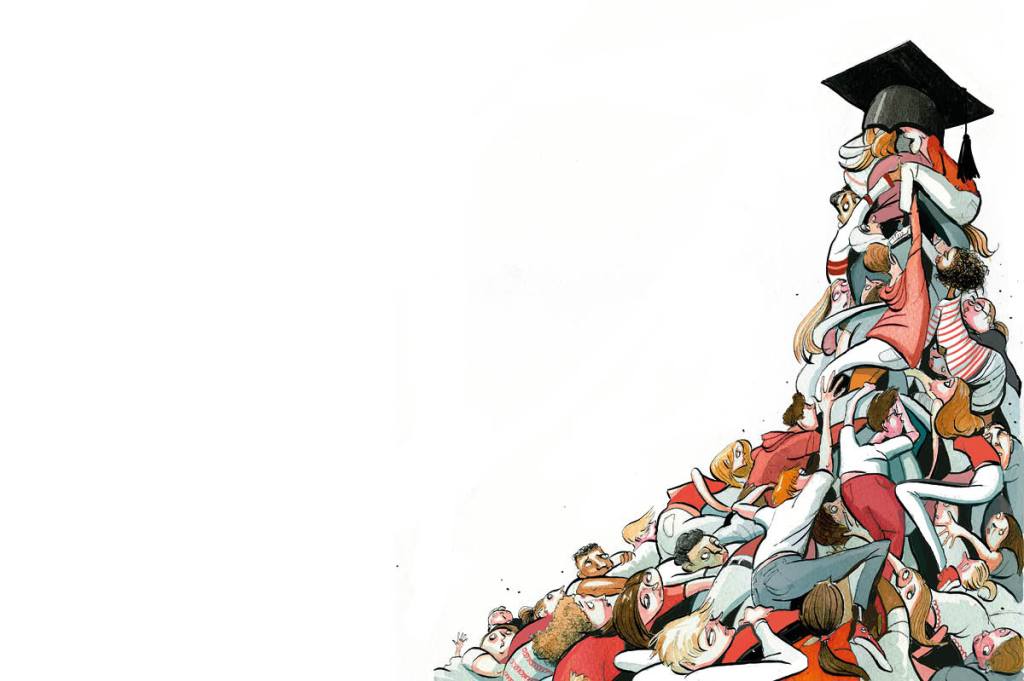








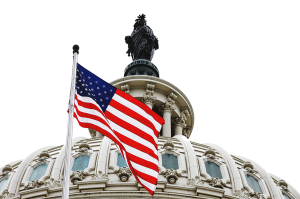

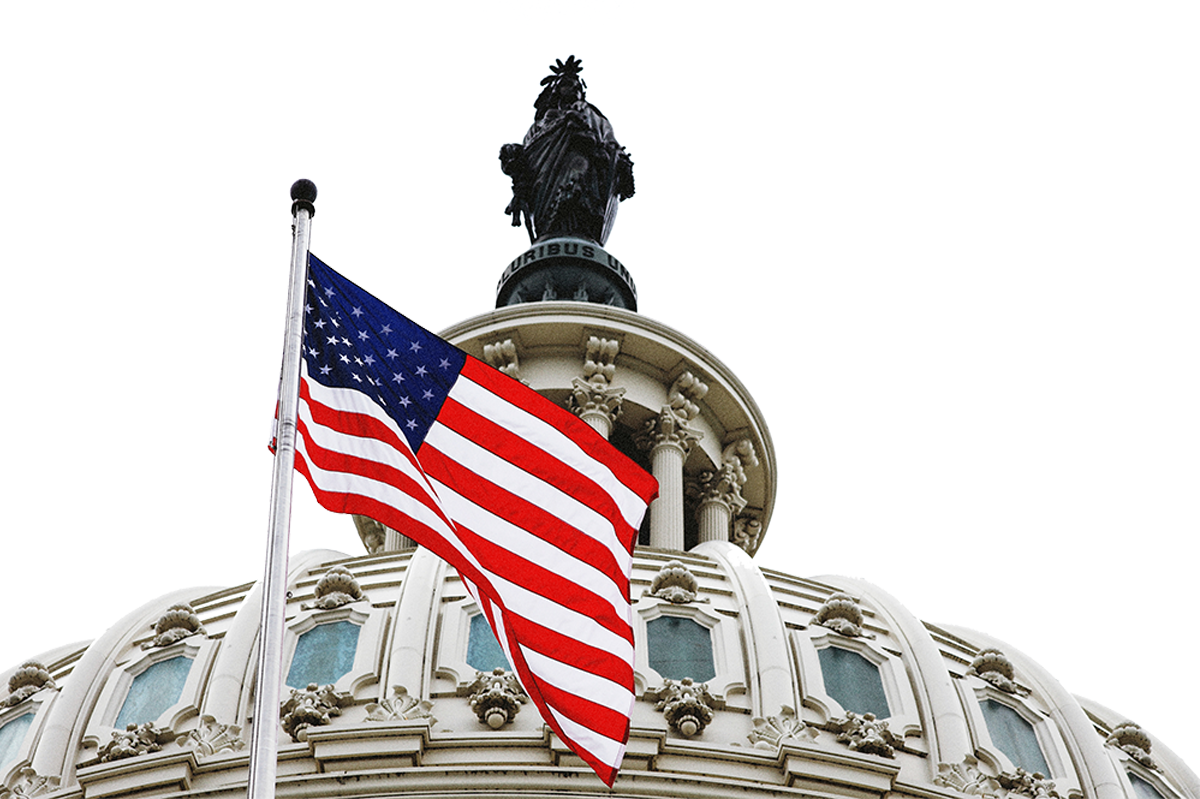


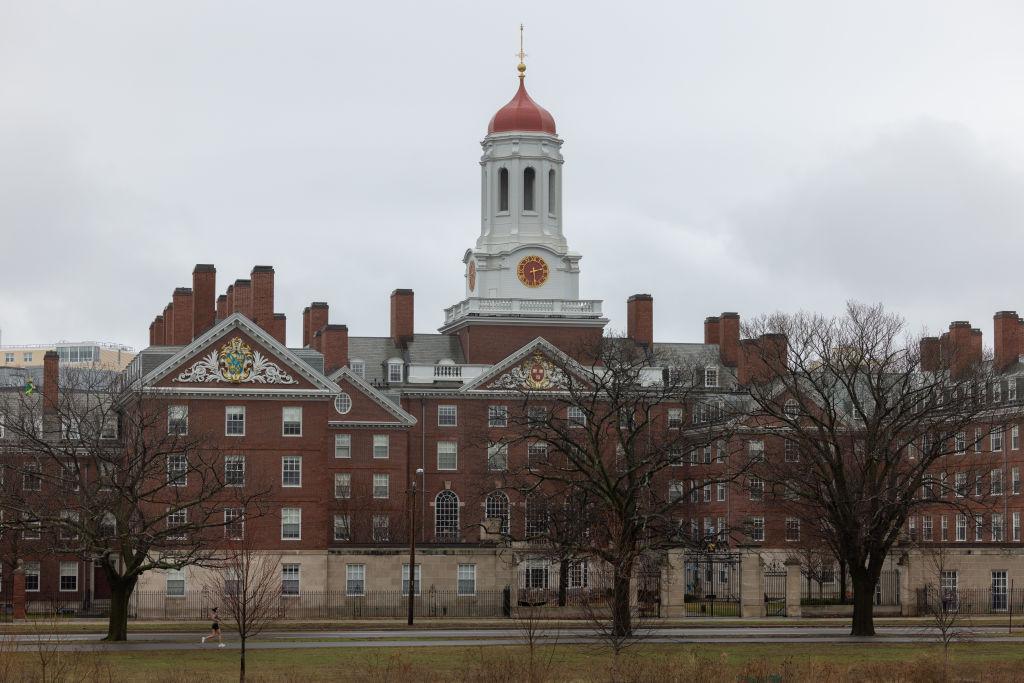
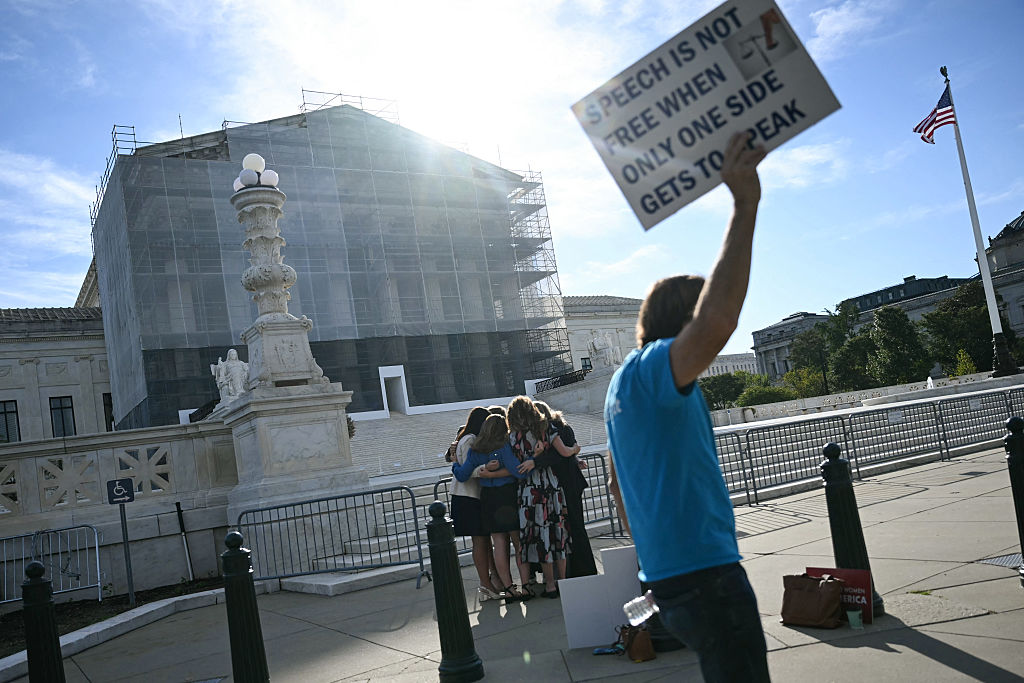







Leave a Reply